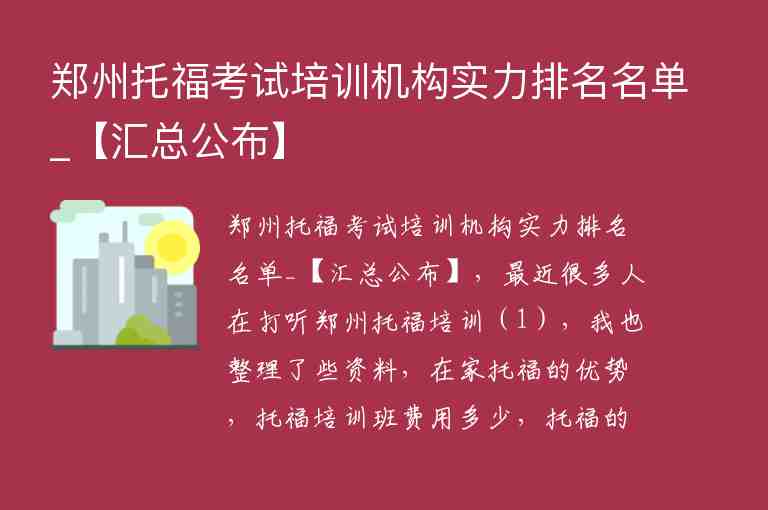/ˈæɡnəs ˈdeɪaɪ/
[名词]
1. ()羔羊之神
2. (拉丁语)上帝的羔羊
用法:
agnus-dei是一个拉丁语词汇,起源于《圣经》中的圣经,并在中广泛使用。它通常被用来指代耶稣基督作为牺牲羔羊的形象,也可以指代上帝的慈悲和宽恕。
例句:
1. The agnus-dei is a powerful symbol of sacrifice and redemption in Christianity.
(agnus-dei在中是牺牲和救赎的强大象征。)
2. The priest held up the agnus-dei during the mass, reminding the congregation of Christ's sacrifice for their sins.
(牧师在弥撒中举起agnus-dei,提醒信众耶稣为他们的罪而牺牲。)
3. The agnus-dei is often depicted as a lamb with a halo, representing Jesus as the Lamb of God.
(agnus-dei通常被描绘为一只带有光环的小羊,耶稣是上帝之羔羊。)
4. In Catholic tradition, the agnus-dei is used as a sacramental, a blessed object that represents God's grace and mercy.
(在天主教传统中,agnus-dei被用作圣事物,一件上帝恩典和怜悯的祝福物品。)
5. The choir sang a beautiful hymn about the agnus-dei during the Easter service.
(合唱团在复活节礼拜中唱了一首关于agnus-dei的美妙赞美诗。)
同义词及用法:
1. Lamb of God:指耶稣基督作为牺牲羔羊的形象。
2. Savior:指耶稣基督作为救世主的角色。
3. Redeemer:指耶稣基督作为救赎者的身份。
4. Sacrifice:指耶稣基督为人类而牺牲自己。
5. Mercy:指上帝对人类的宽恕和怜悯。
编辑总结:
agnus-dei是一个重要的术语,它了耶稣基督作为牺牲羔羊和上帝的慈悲与宽恕。这个词汇在拉丁语中起源于《圣经》,并被广泛使用于礼仪和文学中。通过使用例句和同义词,读者可以更好地理解agnus-dei这一概念,并深入了解其在信仰中的重要性。





